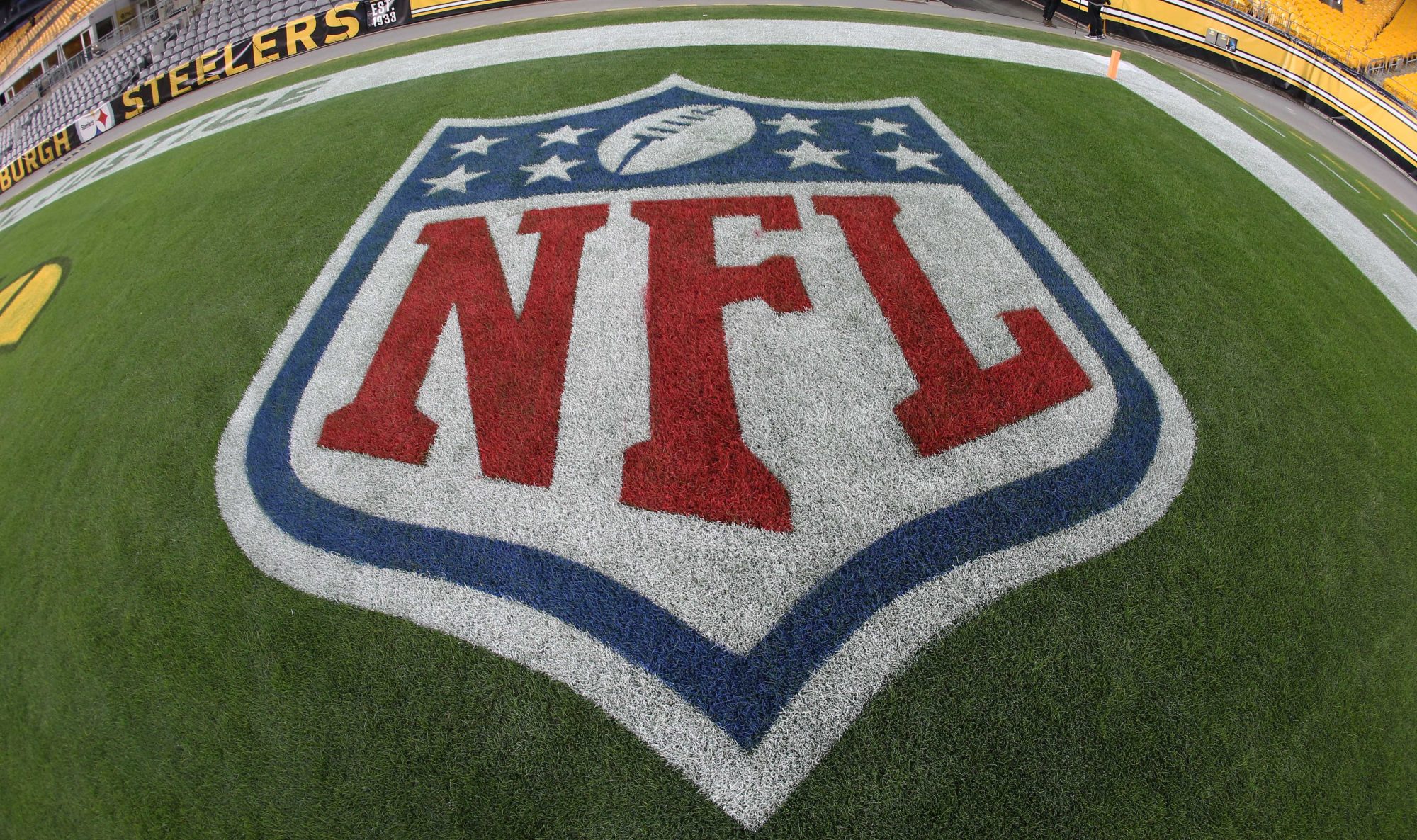NFL Faces Unfavorable Odds in $7 Billion Sunday Ticket Trial
The ongoing class action trial launched in Los Angeles against the NFL presents a daunting scenario for the league, as it grapples with allegations of illegal cost inflation surrounding the beloved NFL Sunday Ticket. In a landscape where legal battles seem to be the new norm, the implications of this trial could redefine how sports broadcasting operates, especially for fans who crave access to their favorite teams.
Background on the Case
The plaintiffs, which include bars, restaurants, and countless individuals, argue that the NFL has unfairly inflated the costs of the Sunday Ticket package while mandating that subscribers purchase all available games instead of choosing select matchups. This trial, rather than being a mere footnote in sports law, could mark a significant turning point. Legal experts suggest that without a settlement, the NFL is likely to face an uphill battle.
“Juries have been notoriously skeptical of big sports and have not been friendly to the NFL in past antitrust trials,” said Jodi Balsam, a former NFL lawyer now serving as a sports law professor. This perspective underlines the challenges the league faces in convincing a jury that its practices are justified.
 The NFL’s future may hinge on this trial.
The NFL’s future may hinge on this trial.
The Stakes Are High
At the heart of the controversy lies the accusation that the NFL has violated antitrust laws by restricting teams from selling their out-of-market game rights individually. Imagine being a Dallas Cowboys fan living in Boston and wanting to watch only your team’s games—currently, that’s not an option. Instead, fans are forced to buy the entire package, which can feel like a hefty price to pay for a few hours of entertainment each Sunday. The aggregate damages being sought could reach up to $7 billion, a staggering amount that is set to be tripled under federal law if the plaintiffs succeed.
The NFL’s Defense
In attempting to shield itself from liability, the NFL has pointed to the Sports Broadcasting Act of 1961, which ostensibly protects its network broadcasts. However, the application of this act on satellite and digital distribution remains murky territory. The NFL defends its longstanding partnership with DirecTV and now YouTube TV by asserting that contracted terms intertwine with the distribution rights. Their strategy reflects a traditional corporate defense, one that is often scrutinized in legal arenas.
To further cement their argument, the league claims that their network contracts specifically control how many games can be broadcast in-market and dictate the service’s general marketability. Yet, this could be quite a tall order when explaining the nuances of these agreements to a jury, a demographic often less sympathetic to corporate complexities.
 Key legal battles often change the landscape of sports fandom.
Key legal battles often change the landscape of sports fandom.
The Fans Speak
While the legal drama unfolds, it’s crucial to consider the impact on fans—the heartbeat of any sport. Many are troubled by the prospect of having to pay annual fees for a service that feels all but essential to their football experience. As someone who has relied on the Sunday Ticket for years, I can attest to the frustration of feeling compelled to purchase a larger package only to end up watching just a handful of games that truly interest me.
The potential fallout from this trial could pave the way for more consumer-friendly options. It’s time for the NFL to evolve beyond a model that seems to prioritize corporate greed over fan engagement. If the league loses, it could ignite a necessary shift in how fans access games and transform their viewing options for good.
The Road Ahead
As the trial proceeds, the clock is ticking, and legal analysts remain skeptical about the NFL’s potential success. Drawing on previous antitrust cases involving major sports leagues, it’s clear that juries may likely side with the plaintiffs who feel exploited within a system designed to limit choices. The legal landscape for sports broadcasting is changing, and fans are watching closely.
In the grand scheme, the outcome of this trial could trigger not just financial ramifications for the NFL, but also a significant philosophy shift about how franchises connect with their audiences. For millions of passionate fans, that change couldn’t come soon enough as they await the verdict with bated breath.
 Fans rally for better access and rights amidst a changing landscape.
Fans rally for better access and rights amidst a changing landscape.


 Photo by
Photo by 











